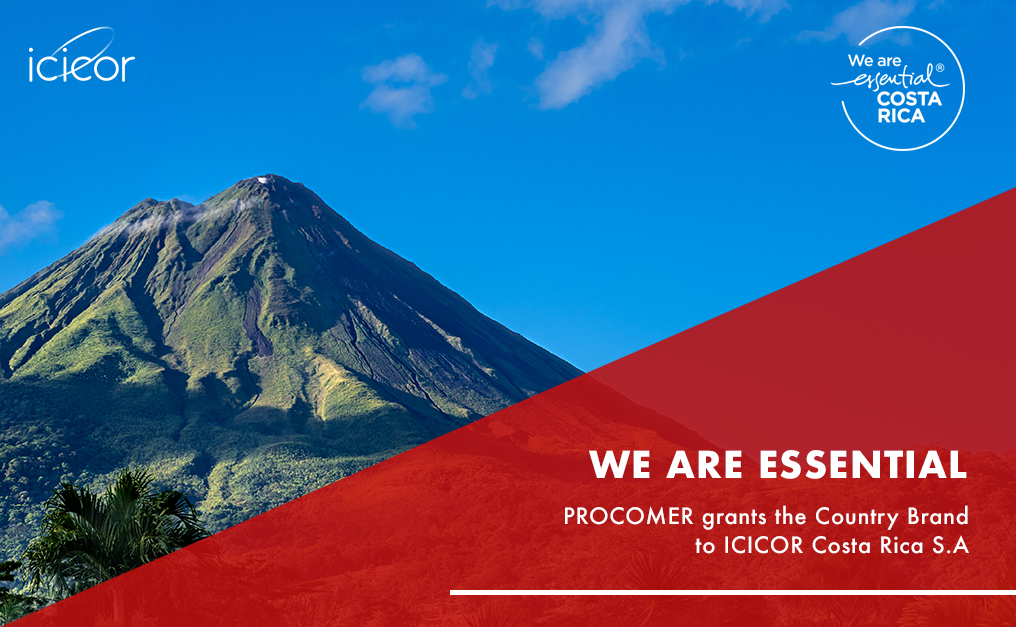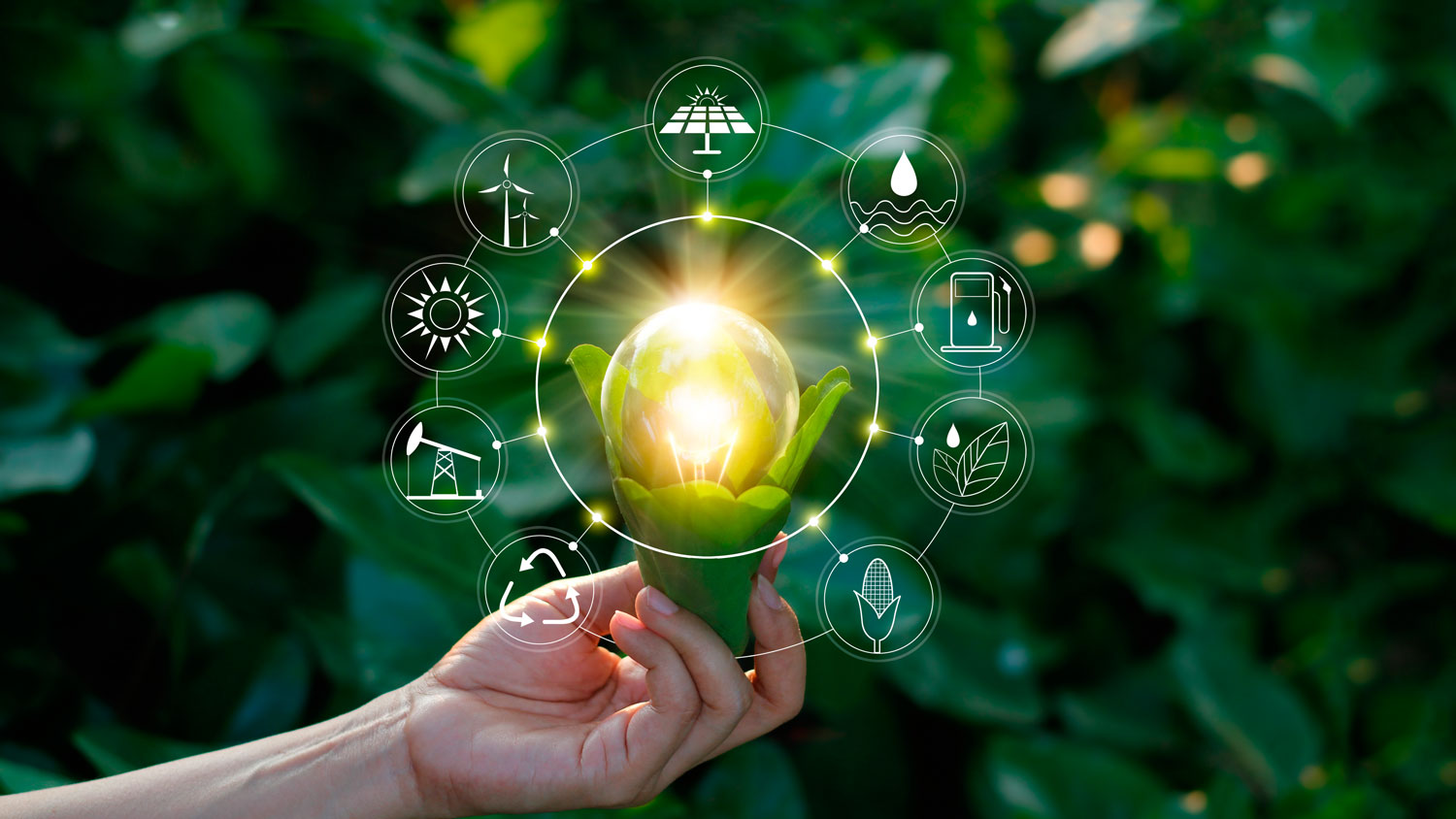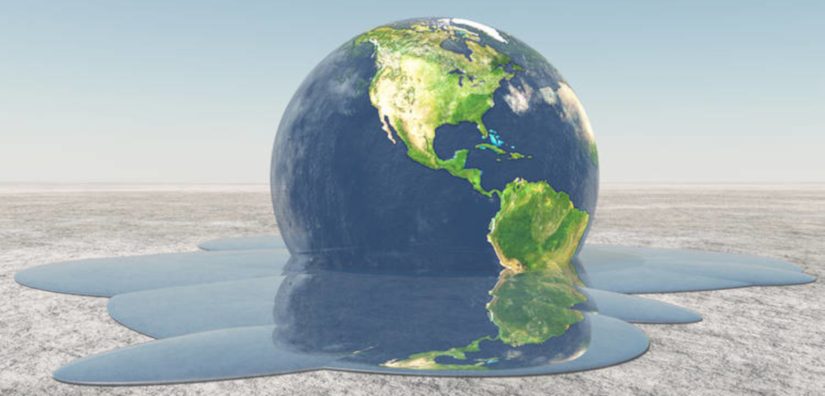Climate Change: How to Inform Responsibly?

Climate Change: How to Inform Responsibly?
9 October, 2018

Mauricio Castro Salazar
Linkedin: mauricio castro Salazar
It’s almost impossible to talk about information regarding climate changes, or of any other subject, unless you have a clear context and the reasons why this problem is generated worldwide, what causes its development and the abuse against the environment, in general.
In many occasions I read news (which I also hear and see) which surprise me especially for several reasons: the number of contradictions over the same news; fanatism -lack of objectivity- in dealing with the information, the lack of knowledge about the subject (they should’ve at least read the Reader’s Digest) and in some other occasions I find comments written with absolute mastery (like experts). Then I question myself, why so many differences?
Several years ago, I saw on television, a very strong critique from a “denouncing journalist” on how they were paving the “Paseo Colón”. Next day, I asked my students in the first year of engineering, to watch the newscast and to give me their opinion. The conclusion, in general, reflected the nonsense since the paving process was being done using the correct method and they also added that the journalist informed without any knowledge, away from the facts and full of subjectivity.
I realize that it’s not possible to find complete objectivity (100%) and would like to mention a recent research that concluded: “… prejudice has more weight than imagined and they are capable of obscuring reasoning and not have the consideration of real and concrete facts”. (PloS Computational Biology 2017).
Is quite evident that journalism has been losing credibility. An article that I read recently, confirms this in “… the nineties, the polls of the “Centro Pew” showed an increasing loss of credibility. Journalism was perceived to be closer to power than to the reader. In fact, it was a power (even the 3rd more than the 4th, many judges protested) more than a counterpower. That media power produced great things but also perversions (“El País” 01/30/2018).
But besides the loss of credibility, some news or articles have become boring; they lack the ability to create interest, they lack good writing.
The first thing that comes to mind when we talk about climate change is what the press has shown us: chimneys spewing smoke, deforested jungles, and eroded land. Some others think of droughts and floods. Very few refer to the use of our cars and our consuming habits and how they impact climate changes.
Our planet, “our home”, lives a dynamic balance, an atmosphere made up of gasses that produce the “greenhouse effect”. Think about the conditions when you are inside a car and it’s very cold outside, but the sun is shining and you feel warm inside the car. Different from our car’s roof, the atmosphere allows part of the solar rays to pass in and out. That is what allows us to live and without that greenhouse effect, “our house” would be so cold that it would be impossible to live in it.
Our consuming habits have made it possible to produce more gasses than it should; more than what the atmosphere needs and can handle. On that account, not enough sun rays leave the atmosphere and remain trapped inside, producing an increase in temperature, in the greenhouse effect and creating what we know as climate change.
What produces an increase in gasses? Many things, but in particular, two processes: the combustion of hydrocarbons and a depletion of the natural sources that trap them.
As more people inhabit our planet, there is more consumption of food (more forest land is cleared to have more food producing farm-land), more cars, buses and motorcycles, factories, energy generators to produce in “our house” and because those things in life that we will not cover here due to lack of space, most energy comes from oil (which in essence is carbon that when burnt produces CO2 as well as other gasses and particles).
There is constantly more CO2 in the air (and also methane and other gasses which come from agriculture and livestock, mining and other sources). What has nature designed to trap most of those gasses? Forests!
In our elementary education we learn that the trees absorb CO2 and expel oxygen and that carbon is lodged in trees; thus, it is what nature arranged to trap certain gases: photosynthesis.
Human beings, through their living habits, produce more gasses than what nature can trap and these, instead of being absorbed by it, scape to the atmosphere and prevent solar rays from exiting.
Being aware of this, what should be informed?
- That there is a change in the natural balance produced by the consuming habits of human beings, who each time are more in number, therefore require more food and more farming areas for food production and for that, more forests are depleted.
- That inasmuch as more goods are consumed which are not produced based on clean energy, there will be more gasses in the atmosphere and thus the imbalance is each time larger.
- That we contribute with the production of more gasses: the more we consume and waste energy, we generate more gasses (as an example, to use our cars only for one person).
- That in order to achieve a balance again, we have to reduce our gas emissions and increase our sources of absorption, in other words, more forests.
- That we all have responsibilities as inhabitants of this planet, common but different because it’s not the same to ask a citizen of a developed country to reduce the use of the stove or the refrigerator than to forbid a person of the third world to buy a refrigerator to keep their food fresh.
Information has to come from knowledge! Conveying it to the recipient on an attractive and interesting manner is a hard task, but it can be done.
No Comments





